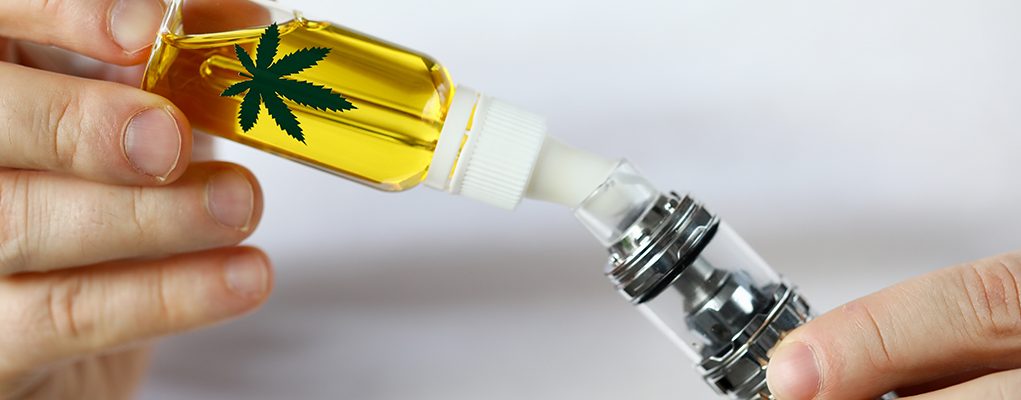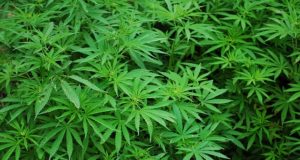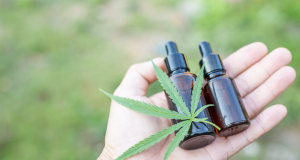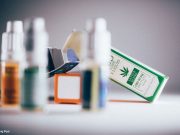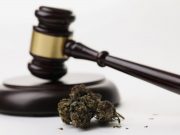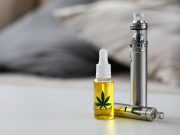The study titled, “Increases in Frequent Vaping of Cannabis Among High School Seniors in the United States, 2018–2019,” found that the rise was even greater in certain subgroups such as students 18 years or older, female students, and those who reported using other drugs within the past year.
“Frequent vaping of cannabis significantly increased from 2.1% to 4.9%, a 131.4% increase. This increase was larger than the increase for any vaping of cannabis (which increased 85.9%). Notable significant increases occurred among students aged ≥18 years (a 154.9% increase), female students (a 183.5% increase), those who go out 4–7 evenings per week (a 163.0% increase), and those reporting past-year non-medical prescription opioid use (a 184.7% increase),” read the study Abstract.
Legalizing cannabis for recreational purposes did not increase consumption rates
The researchers analyzed cannabis use behaviour within a group of 563 young adults, all aged between 18 and 24. All the participants lived in California in the years just prior to cannabis legalization, and their use patterns were monitored quarterly for a span of 3 years.
The study found no consumption increase following the legalization of the substance. “A piece-wise multilevel regression model indicated that marijuana use frequency did not change over time, including following legalization,” reported the researchers. “Findings suggest legalization of recreational marijuana sales had a negligible overall impact on days of use among young adults, but may have prompted increased interest in marijuana among some, particularly women and e-cigarette users.”
The researchers admitted that they were expecting to obtain different results. “Contrary to our expectations, frequency of marijuana use did not change significantly after legalization and was stable throughout three years of observation.”
Regulating cannabis ensures access to safe products
Meanwhile, other recent studies have indicated that regulating the products is also beneficial in ensuring access to safe and regulated products. In fact 2020 study published in JAMA Network Open, had indicated that the occurrence of EVALI was less common in US States where marijuana products are legal.
“Our results are suggestive that those in recreational marijuana states may be less likely to purchase illegal marijuana products on the black market,” said Dr. Alex Hollingsworth, assistant professor in the O’Neill School of Public and Environmental Affairs at Indiana University and co-author of the JAMA Network Open study.


